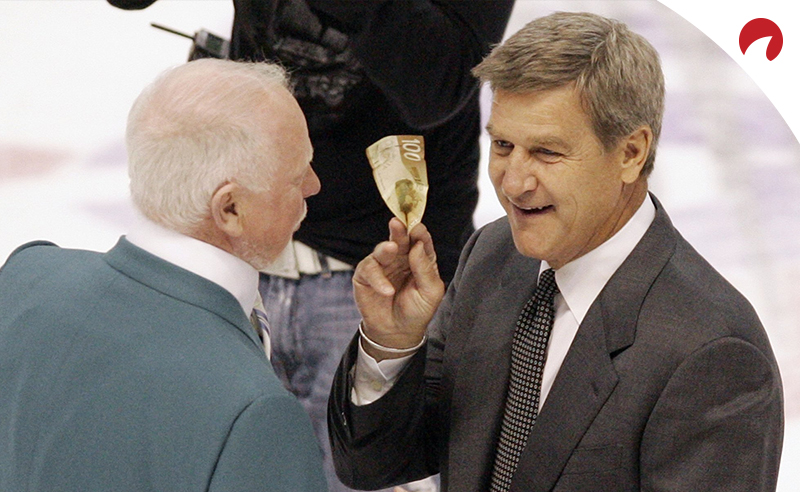Article content
Every March, when my grandmother was alive, our family gathered to watch the Academy Awards. Those who couldn’t make it would still send their ballots, vying for bragging rights. The in-memoriam segment was particularly poignant; my Baba would rhyme off actors from the Golden Age before their names came up on the screen.
The eternal ballot question was whether to vote with the head or the heart. Picking my favourite performances was a surefire recipe for coming dead last. Relatives who brushed up on the critics’ picks fared much better. Recently I discovered an unexpected shortcut, checking the sportsbooks.
Article content
The online headline, “Oscars betting odds for the Academy Awards” might not have caught my eye, had it not been bookended by stories on engagement odds for Travis Kelce and Taylor Swift, and odds to become the next James Bond. (Apparently Aaron Taylor-Johnson remains the favourite.)
These are well-worn topics in pop culture, but it was odd to see them framed in the language of bookies. Is this what people bet on now? It seems some viewers liven up the hours-long Oscars broadcast with a little side action. Apparently, some also bet on who might be left out of the in-memoriam reel, an observance so crass, it surely would cause Baba to roll in her grave.
These headlines, grouped under the heading “Casino,” were nestled on the entertainment page of the Toronto Star. The stories were identified as partner content by NorthStar Bets, the sportsbook launched by Torstar’s owner, NordStar Capital. (I worked at the Star years ago, though not as a writer.)
It’s no secret declining ad revenue has threatened newspapers’ very survival. “Advertorial” content has been a staple of print journalism for decades. It is always clearly identified; journalistic integrity depends on a clear line between telling and selling. Newspapers also differentiate between reporting and opinion (such as this column).
Article content
Torstar debuted its sportsbook in 2022 when Ontario launched a regulated market for private gambling companies. The partnership was touted as an industry first. Torstar announced the venture would “help support the growth and expansion of quality community-based journalism.”
It’s delicate to critique a business innovation that helps a trusted news organizations remain solvent, as long as partner content is clearly identified and news reporting isn’t compromised. Other media companies also have launched sportsbooks, such as ESPN Bet and Fox Bet.
The Guardian, by contrast, moved in the opposite direction. The global media conglomerate has banned gambling ads for sports betting, online casinos and scratchcards. Having worked to keep the harms of gambling addiction at the forefront of the public policy agenda, the CEO opined it was unethical to take money from services that can lead to “addiction and financial ruin.”
Article content
The Canadian Mental Health Association has called for a ban on advertising for online betting, noting an “alarming increase” in online gambling among high school students. The association also called on the Alcohol and Gaming Commission of Ontario (AGCO) to mandate betting limits and time limits for internet gaming sites.
Effective last month, AGCO has banned athletes from appearing in gambling ads, unless they’re promoting a “responsible gambling message.” The restrictions also extend to role models, social media influencers, entertainers, cartoon figures and logos that would appeal to minors. Last June, the Senate tabled legislation (Bill S-269) to create a national framework to regulate sports betting advertising, similar to rules for advertising drugs and alcohol. The clarity would be welcome.
I am regularly bombarded with ads for sportsbooks, and I don’t even watch sports. The deluge is troubling enough without being prompted to gamble on celebrity news.
write.robin@baranyai.ca
Share this article in your social network













